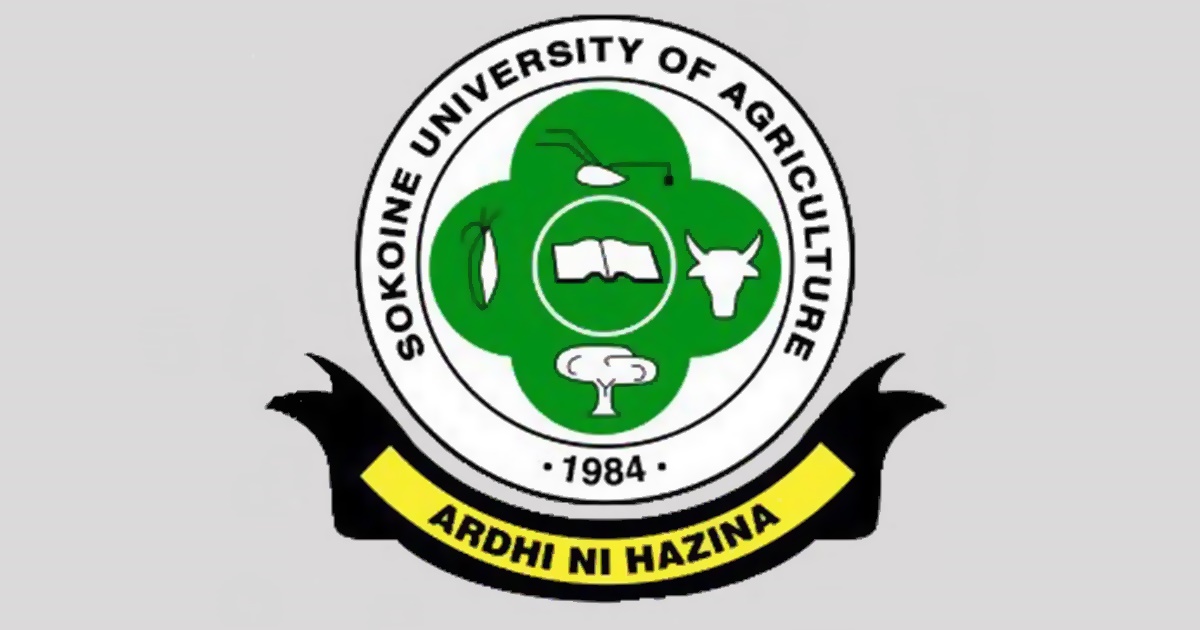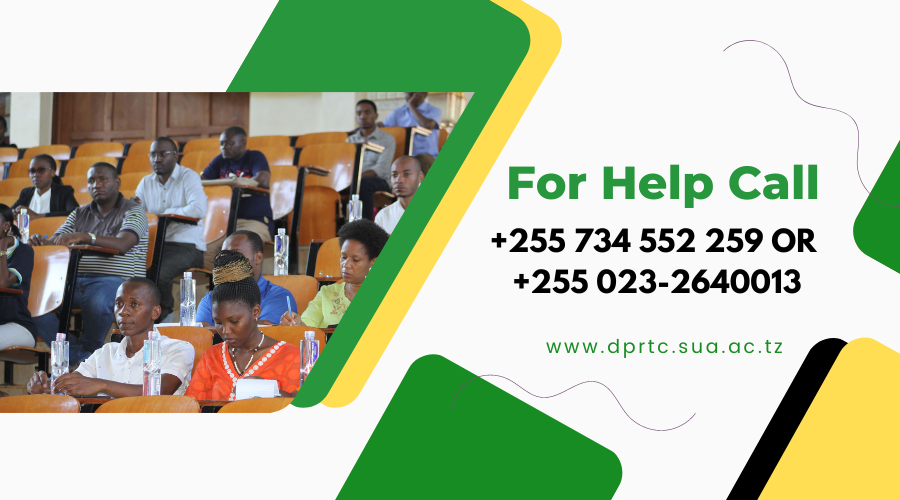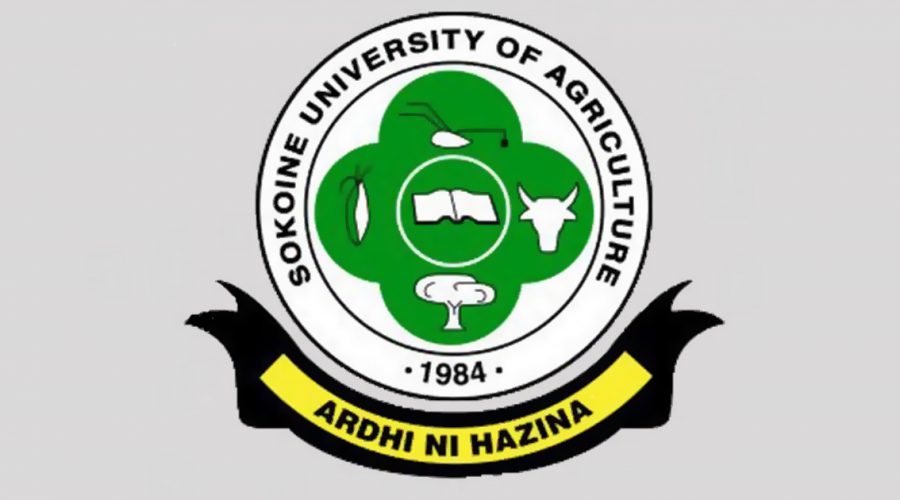Public Defence: PhD
Candidate: Frowin Mgani
Mgani was employed as an Assistant lecturer in Development Studies at Sebastian Kolowa Memorial University (SEKOMU), from December 2010 to February, 2019 in the Department of Special Needs Education. He registered with Sokoine University of Agriculture (SUA) in April, 2015 to pursue PhD studies in the Department of Development Studies (DDS), College of Social Sciences and Humanities (CSSH).
Thesis Title: Good Governance in the Implementation of Constituency Development Catalyst Fund (CDCF) in Vwawa Constituency, Tanzania
Supervisors: Prof. Carolyne I Nombo
Dr. Emanuel E. Chingonikaya
Date and time: 29th April, 2021 at 09:30 Hrs
Venue: Postgraduate Seminar Room
Mode: Face to Face/online
Panelist members:
| Name of Panel Member | Status of Appointment | Remarks |
| Prof. Denis Mwaseba | Chairperson | |
| Dr. Goodluck Massawe | Appointee of the CSSH principal | |
| Prof. David G. Mhando | Internal Examiner | Not supervisor |
| Dr. E.E. Chingonikaya | Internal Examiner | Supervisor |
| Dr. Edwin Ngowi | Appointee of the Head DDS | Recorder |
Summary of main findings
Constituency Development Fund (CDF) is envisioned as a catalyst for accelerating self-help development efforts at grassroots level. It also aims at enhancing participation of people in decision making process, promoting governance, and promoting transparency and accountability. In recent years, many developing countries have adopted one of the many forms of Constituency Development Funds (CDFs) approaches. These are expected to provide people with another development opportunity by ensuring that an alternative community development expenditure funding is closer to them. This study was conducted to investigate the Good Governance in the Implementation of Constituency Development Catalyst Fund (CDCF) in Tanzania with a focus on Vwawa Constituency. The study findings indicated that, transparency and community participation on CDCF activities was observed in the study area although it was not clear how far the information about the fund reached to the ordinary citizens. The findings also disclosed that CDCF implementation was imbued with lack of accountability especially in publishing information of the expenditure of CDCF. It was further found that the projects funded were selected by villagers from the existing projects that were already in process of implementation. Finally, it was also found that legal measures were taken against anyone who misused the CDCF.
In the view of the above the study concludes that, it is vital for the community member to have access to information as the key aspect of transparency. Well informed citizens can participate effectively to community activities. The presence of well-informed citizens may facilitate them to hold CDCF officers and other stakeholders accountable in any matter concerning the fund.





